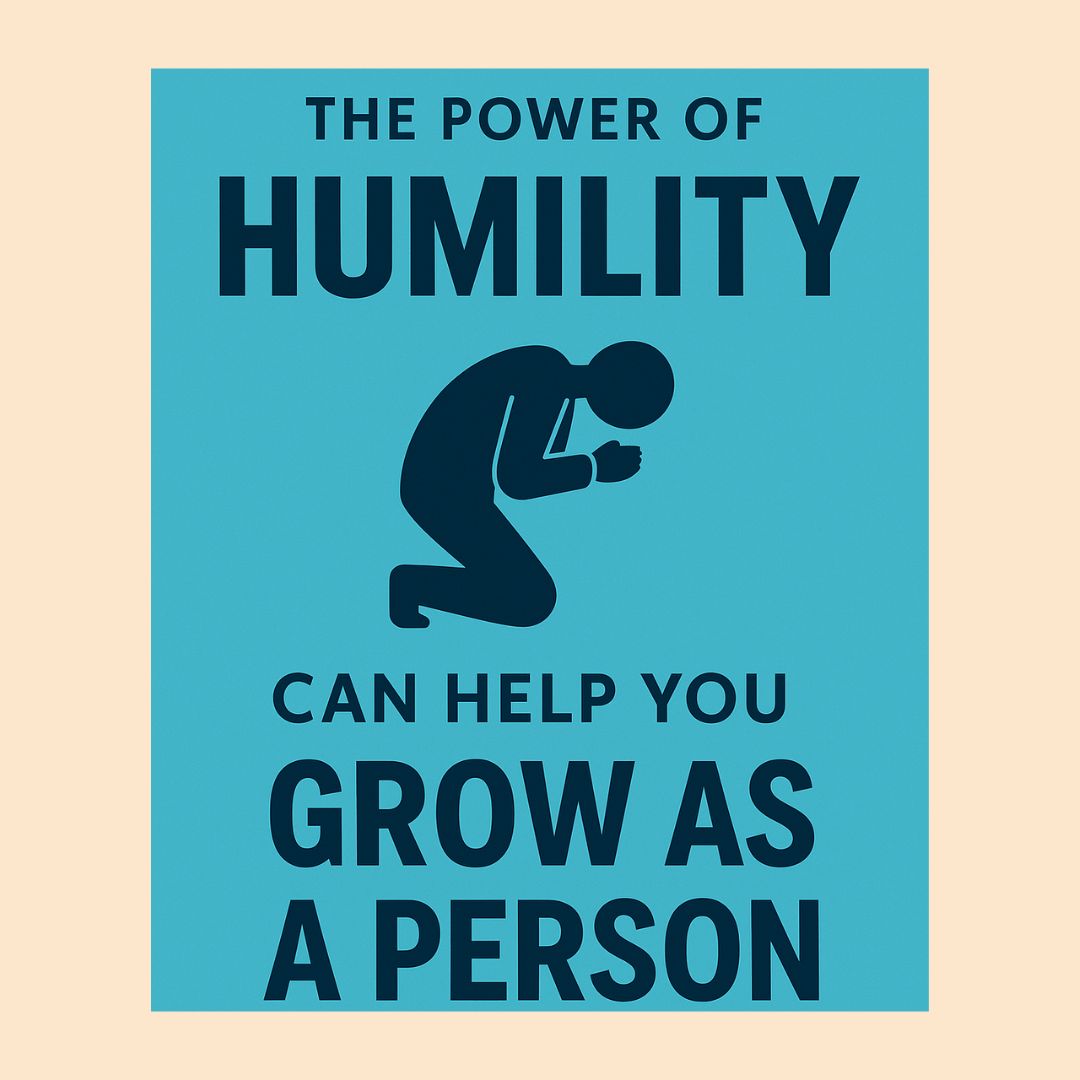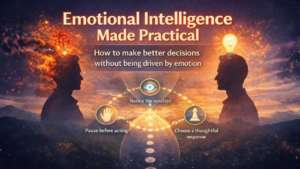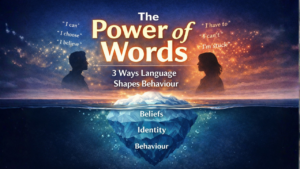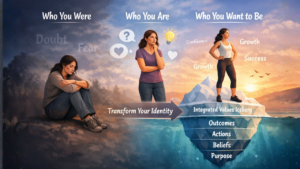A few years ago, I was on a flight from Sydney to Melbourne and found myself chatting with the person next to me. Inevitably, the conversation turned to work. When he learned that I coach leaders to be more effective, he asked a surprisingly common question:
“What personal quality makes someone a great leader?”
He expected an answer like charisma, passion, drive, or maybe even one of the hard-edged traits made famous by corporate icons like Jack Welch.
But I surprised him by saying just one word:
Humility.
Yes—humility.
The very opposite of the chest-thumping, “always be the smartest in the room” mindset that often gets glorified.
Yet in my experience, humility is the foundation of strong leadership and meaningful personal development. And the more I work with people across Australia and beyond, the more convinced I am that humility is also one of the greatest gifts you can give your own personal growth.
Which brings me to this week’s insight.
Why Arrogance Holds You Back
Ask yourself honestly: What do you actually gain from arrogance?
It might give you a momentary ego boost, but does it ever truly help you grow?
Arrogance closes you off. It blocks ideas, shuts down feedback, limits emotional intelligence, and prevents you from seeing another person’s point of view.
When you’re convinced you already know everything, you stop learning anything.
As a general rule, arrogance cripples personal development. It builds a wall between you and the very insights that could help you evolve.
The Power of Humility
Humility, on the other hand, opens doors, internally and externally.
It makes you more receptive to:
new ideas
different perspectives
constructive criticism
meaningful insights
learning from experience
It also expands your emotional intelligence, which is essential for anyone wanting to grow, whether in relationships, work, or life.
I often tell leaders that they can learn everything they need to know about leadership from their people if, and only if, they are willing to listen and stay humble.
The same is true for you.
If you want to be a better human being, look around you. Friends, colleagues, and family often see things we can’t see in ourselves. But they’ll only share those insights if they believe we’re open to them.
Think about it:
How many times have you wanted to give someone feedback that would help them grow, but held back because you knew they wouldn’t be receptive?
It happens all the time.
Every time that happens to you, you’re missing out on a chance to learn, grow, and deepen your self-awareness.
Humility is the fuel for that growth.
It’s the gateway to a growth mindset, the foundation of learning from feedback, and a powerful tool for anyone wanting to know how humility helps you grow—especially in today’s fast-paced Australian work and personal environments.
How to Develop Humility (and Use It Well)
Humility isn’t about shrinking yourself, denying your strengths, or pretending you’re not successful.
It’s about staying open even when you’re winning.
Especially when you’re winning.
Here are a few simple ways to practise humility in daily life:
1. Listen more than you speak
Listening and humility are a powerful pair. When you slow down and really take in what someone else is saying, you gain insights you never would have found alone.
2. Ask for feedback
Even when it’s uncomfortable. Especially when it’s uncomfortable.
3. Accept feedback without defensiveness
If someone is offering you a perspective, assume they’re trying to help even if they aren’t perfect in their delivery.
4. Stay curious
Curiosity opens your mind. Ego closes it.
5. Remember you don’t have all the answers
No one does. But collectively? We have a lot.
Next time someone is trying to tell you something, even if your first instinct is to brush it off, pause. Listen. You might hear exactly the insight you need to take one step closer to your own greatness.
Related Resources
- 📖 Book: Listening – A Guide to Building Deeper Connections – available in paperback, eBook, and audiobook.
🎯 Coaching: Book a personal session for personalised support.
💼 Leadership Tips: Subscribe to the Team Focus newsletter here.







